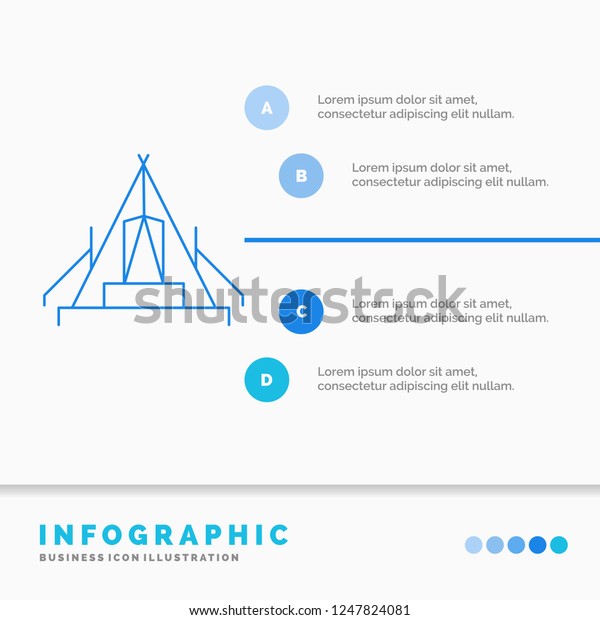While lots of campers concentrate on an outdoor tents's cover to secure them from rainfall, snow, and pests, the outdoor tents flooring is just as vital. A top quality floor uses protection from standing water, soaked mud, and sharp rocks.
At White Duck Outdoors, we provide free-floating vinyl floorings that are tailored to every outdoor tents size. This enables you to pick a floor lining or utilize your own canvas tarp as a lining.
Resilience
There are various sorts of floors offered for wall surface tents. Free-floating floorings are different pieces that you lay on the ground before developing the outdoor tents, making them very easy to set up. A sewn-in floor is a bit more complex, however it supplies outstanding security from water and pests.
Nevertheless, the very best choice is a camping tent floor liner. A lining is thick and forces any water or bugs to go under the floor as opposed to through openings in the outdoor tents. It additionally reduces the amount of dirt that enters the outdoor tents, making it simpler to clean up and keep.
All White Duck Outdoors wall surface camping tents come with a free-floating flooring consisted of, so you don't have to bother with acquiring and mounting one individually. We recognize the significance of having the ability to tailor your space and make camping even more enjoyable. The free-floating flooring makes the tent simpler to bring, tidy and shop, high-ends that sewn-in or 3/4 floors do not provide.
Weather condition Resistance
When picking a protective cover for industrial or logistical objectives, weather resistance is usually a vital factor. Canvas tarps are commonly made from natural materials, while vinyl tarps feature sophisticated polymer design. This difference in make-up causes drastically different efficiency characteristics, maintenance requirements, and suitable applications.
Vinyl tarpaulins are suitable for long-term commercial insurance coverage as a result of their longevity, water-proof attributes and chemical resistance. They likewise use great UV protection and are lighter than canvas tarps. These residential or commercial properties make them the preferred choice for covering tools and creating momentary structures.
Easy Maintenance
The durability of plastic floorings and their resistance to deterioration translates into marginal maintenance demands. Wipe-downs with light soap and water suffice to maintain them looking clean, while stubborn spots can commonly be removed without cotton bag much effort.
On the other hand, canvas covers are more probable to absorb moisture in time, leading to mold and mildew and mildew growth if not correctly dried or dealt with. Additionally, they could call for even more frequent waterproofing treatments to maintain their protective homes.
Furthermore, a woven textile like cotton is prone to penetrating and tearing over time, making it much more vulnerable to damage from sharp items or rough surfaces. Plastic is crafted to withstand these dangers more effectively, positioning it as an exceptional option for durable protection applications. Additionally, its synthetic elements provide remarkable toughness and long life contrasted to canvas products. As a result, they commonly have a reduced ecological impact in terms of manufacturing and disposal. They also tend to have a more functional modification ability, assisting in the consolidation of complex styles and color schemes.
Environmental Impact
Similar to all items, it is very important to comprehend the ecological account of each material. This consists of everything from basic materials sourcing and production procedures to use durability and end-of-life disposal alternatives. This info permits companies to make smarter selections that align with sustainability objectives while meeting operational needs.
Sailcloth naturally straightens with eco-conscious goals because of its biodegradable nature and lower manufacturing footprint. Its lighter weight equates to much less storage and transport needs. Its minimized upkeep demands and longer life-span further decrease total expenditures.
Plastic, on the other hand, relies on artificial parts for its sturdiness and weather resistance. Its chemical therapies need high power input. Vinyl's non-biodegradable residential or commercial properties better complicate recycling and waste monitoring protocols. Nevertheless, it does provide remarkable waterproofing and UV degradation resistance to outside environments.
